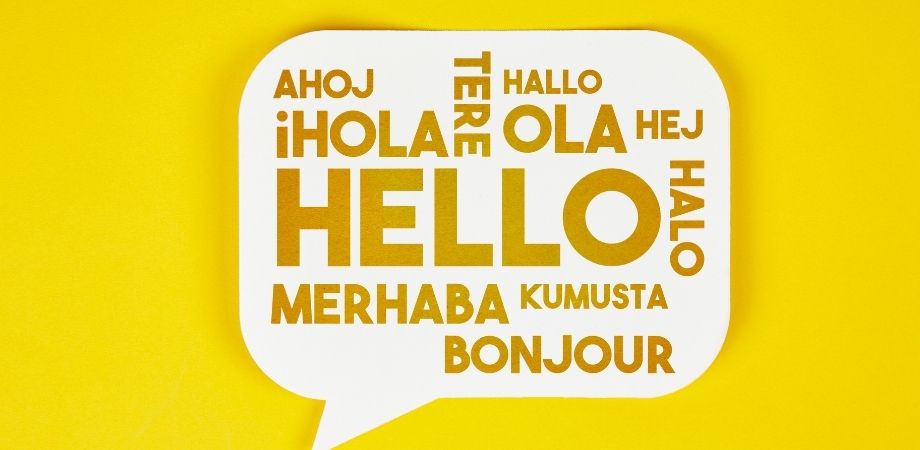The world of languages is a vast and fascinating expanse, teeming with peculiarities and wonders that defy common understanding. Unusual Language Facts: Exploring the World of Linguistic Oddities delves into the heart of this diversity, unveiling the unique features, surprising histories, and unexpected quirks that languages harbor. Among these curiosities, the role of translation services emerges as a pivotal bridge between cultures, enabling the sharing and understanding of these linguistic treasures.
From the existence of words that cannot be translated into other languages to the phenomenon of languages spoken by only a handful of individuals, this exploration is a testament to human creativity and the complex ways in which we communicate. As we journey through the realms of linguistic rarities, we uncover the profound impact that language and translation services have on culture, thought, and identity, revealing the intricate tapestry of human connection that language weaves across the globe.
What are Linguistic Oddities?
Linguistic oddities are the unique features and characteristics that set a language apart from others. These can include unusual grammar rules, rare sounds, complex writing systems, or words and expressions that have no direct equivalents in other languages. These oddities often reflect the cultural, historical, and geographical contexts in which a language has developed, offering a window into the ways different communities perceive and interact with the world around them. Exploring linguistic oddities not only enriches our understanding of human language but also highlights the incredible diversity of linguistic expression worldwide.
Why Some Languages are Harder to Translate Than Others?
The difficulty in translating some languages compared to others arises from a variety of factors. These include structural differences, such as grammar and syntax, the presence of unique sounds and tones, cultural nuances embedded in idiomatic expressions, and the complexity of writing systems. Languages with little in common historically or linguistically pose a greater challenge for translators, who must not only convert words from one language to another but also convey their original cultural and contextual meanings. This task requires a deep understanding of both the source and target languages, as well as the cultures they represent.
6 Most Hardest Languages to Translate

Every language has its own unique set of linguistic challenges to overcome. But some languages are so difficult that it becomes increasingly difficult to translate them into other languages. Here are the 6 most difficult languages. There are more than 7000 languages in the world:
1. Mandarin Chinese
Mandarin Chinese is notorious for its tonal nature, where the meaning of a word can change dramatically with the pitch in which it is spoken. Its writing system, consisting of thousands of characters and a complex grammar structure, adds to the translation challenge, requiring translators to have a deep understanding of the language and culture.
2. Arabic
Arabic features a rich vocabulary, a script that reads right to left, and includes sounds that are uncommon in many other languages. Its grammar rules, particularly the use of verbs and gender, make accurate translation a meticulous task that demands familiarity with the various dialects and cultural contexts.
3. Thai
Thai is a tonal language with its own unique alphabet and a complex system of politeness levels that affect word choice and sentence structure. These features make it challenging for translators to accurately capture the intended meaning without altering the tone or level of formality.
4. Korean
Korean has a hierarchical language system that requires the speaker to use different levels of speech depending on the audience’s social status. This, combined with its agglutinative grammar and distinct alphabet (Hangul), makes Korean a difficult language to translate accurately.
5. Japanese
Japanese employs three different writing systems (kanji, hiragana, and katakana), each with specific usages. The language’s complex politeness levels, implicit meanings, and context-dependent expressions pose significant challenges for translation.
6. Hungarian
Hungarian’s difficulty lies in its agglutinative nature, extensive use of vowel harmony, and a vast array of case endings. Its grammar and syntax are markedly different from those of most Indo-European languages, making it particularly hard to translate for those unfamiliar with its unique structure.
Use Localize for Hardest Languages to Translate
For businesses and individuals facing the challenge of translating content into or from these difficult languages, leveraging the expertise of a professional translation service like Localize can be invaluable. Localization services in providing high-quality translations that account for linguistic nuances, cultural context, and industry-specific terminology. By using such services, one can ensure that their message is conveyed accurately and effectively, bridging the gap between languages and cultures with ease.



